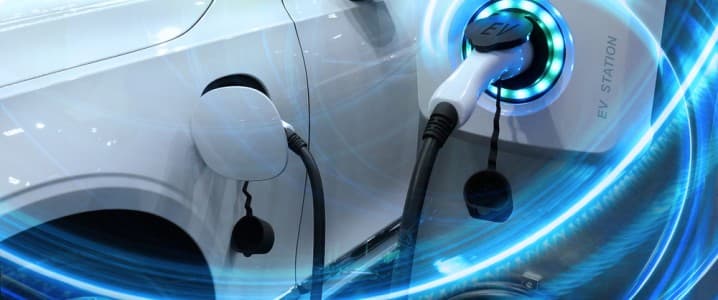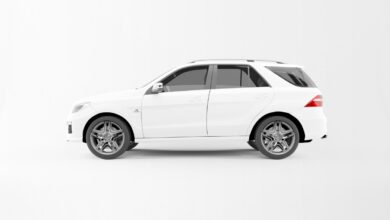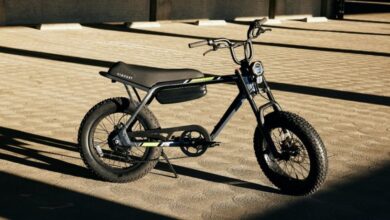Electric Vehicles Lose Market Share in the U.S. as Sales Decline

Hybrid vehicles, plug-in hybrid electric vehicles, and battery electric vehicles made up 18% of all new light-duty vehicle sales in the first quarter of 2024, down from an 18.8% share in the fourth quarter of 2023. Battery electric vehicle (BEV) sales fell for the first time since the onset of Covid in 2020, the Energy Information Administration (EIA) said on Tuesday, citing estimates from Wards Intelligence.
This slight decline in the EV market share was driven primarily by a drop in BEV sales, which declined from 8.1% of the total light-duty vehicle (LDV) market in the fourth quarter of 2023 to 7.0% in the first quarter of 2024.
“This decline represents the first BEV market share decline since the economic effects from the COVID-19 pandemic began in 2Q20,” the EIA said in an analysis today.
Of all BEV sales in the United States in the first quarter of 2024, eight out of 10 sales were luxury models, in part due to the continued wide availability of luxury BEV options and favorable within-segment pricing from Tesla, Mercedes, Rivian, Cadillac, Audi, and BMW.
U.S. automakers, however, have been flagging a slowdown in consumer uptake of EVs since the end of last year.
Last month, Ford Motor Company said it is delaying the planned rollout of some of its next-generation electric vehicles as it is expanding hybrid vehicle offerings, in the latest sign that consumer uptake of EVs has slowed down.
“The additional time will allow for the consumer market for three-row EVs to further develop and enable Ford to take advantage of emerging battery technology, with the goal to provide customers increased durability and better value,” Ford said in a statement in April.
While the International Energy Agency (IEA) continues to hold a very bullish view on the global EV market, the auto industry is concerned about slowing EV sales with the phase-out of subsidies in key markets and consumers not yet convinced about affordability and range.
U.S. sales of EVs are stuck and Tesla is suffering, while Europe’s new car sales fell in March for the first time this year, dragged down by a decline in EV registrations and the timing of the Easter holidays.
By Charles Kennedy for Oilprice.com



